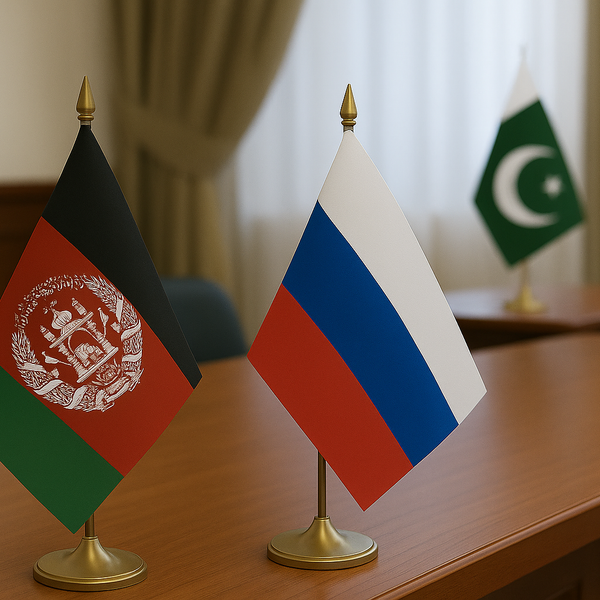Pakistan permits exploration and production companies to sell gas to third parties
Up to 100 mmcfd gas can be sold to the private sector annually
Business Desk
The Business Desk tracks economic trends, market movements, and business developments, offering analysis of both local and global financial news.

Up to 100 mmcfd gas can be sold to the private sector annually
Photo by Life Of Pix via Pexels
Pakistan’s Ministry of Energy has granted exploration and production (E&P) companies the right to sell up to 35% of their natural gas output to third parties through an auction.
Previously, E&P companies were restricted to selling gas only to state-owned entities — Sui Southern Gas Company (SSGC) and Sui Northern Gas Pipelines (SNGP).
However, the Petroleum Division has now issued a framework for the sale of gas to third parties, with a cap of 100 million cubic feet per day (mmcfd) to be sold to the private sector annually. This cap will be reviewed each year.
The Council of Common Interests (CCI) — Pakistan's highest constitutional body that decides on policies regarding inter-provincial or center-provincial matters — recently approved the Petroleum Division's summary, allowing E&P companies to sell up to 35% of their pipeline specification gas to third parties with an OGRA license through a competitive process, without requiring government approval.
However, the prices from third parties must not be lower than the wellhead gas prices under the Petroleum Policy 2012 for the respective zones. This provision applies to all existing licenses and leases granted under the Petroleum (E&P) Rules of 1998, 2001, 2009, and 2013 for gas discoveries not yet allocated and those allocated after the notification date following CCI approval.
The framework aims to liberalize the upstream oil and gas sector by increasing the right of E&P companies to sell gas to third-party buyers from 10% to 35%, while meeting overall market demand. It ensures timely payments to E&P companies by third parties, promoting healthier cash flows and increased revenues, which will facilitate expansion in E&P activities.
Additionally, it is expected to generate additional revenue for the government through royalties, income tax, and windfall levies on gas.
The move also aims to ensure optimal utilization of available natural gas reserves, promote competition, transparency, and a level playing field for private sector development, and reduce circular debt in the oil and gas sector.
Natural gas contributes 38% of Pakistan's total primary energy supply mix. Domestic gas production has remained around 4 billion cubic feet per day (bcfd), while domestic demand is estimated at 6-8 bcfd, resulting in a supply-demand gap.
Analysts say with increased domestic gas production, Pakistan aims to reduce its reliance on costly LNG imports, which currently cost $3 billion annually, ultimately lowering energy costs and easing the strain on foreign exchange reserves.
In the period from July to March last year, Pakistan's total gas consumption was 3,207 million cubic feet per day mmcfd, including 2,512 mmcfd of natural gas and 695 mmcfd of RLNG.
Gas reserves increased by 2% by the end of the fiscal year 2023-24, growing from 18.10 trillion cubic feet in December 2023 to 18.47 trillion cubic feet by mid-2024, according to official data from the Petroleum Information Service.










Comments
See what people are discussing